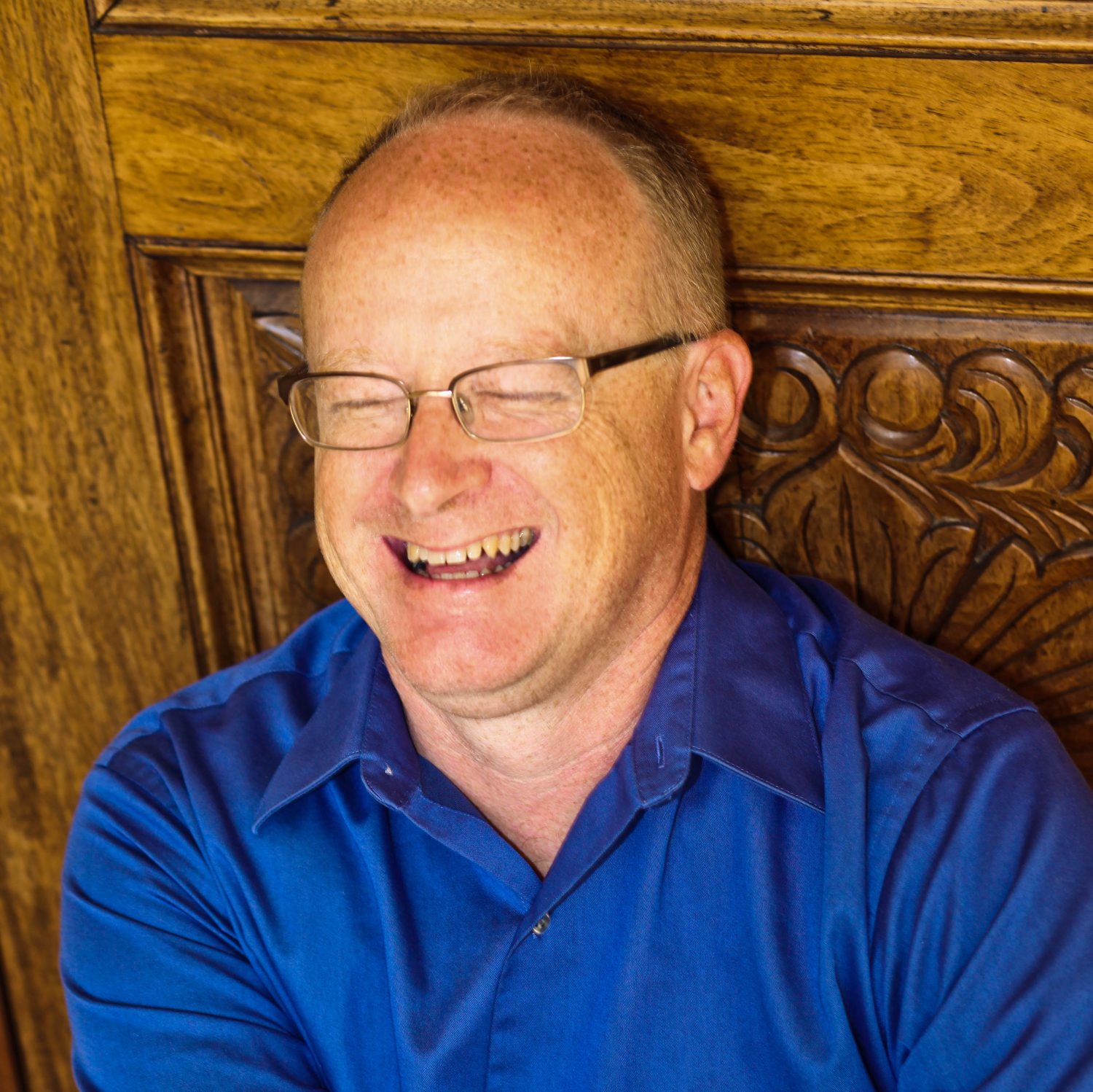I have a habit of looking for God in secular culture because I believe God can, will, and does use anyone to plant the whispers in our lives that often, if we’re listening, lead us to him.
 Sometimes the creative person participates in giving God an outlet, sometimes she doesn’t. I do not care either way. But looking and listening for these breakthrough moments when God gives the world a nudge is a fun, and ultimately rewarding, hobby.
Sometimes the creative person participates in giving God an outlet, sometimes she doesn’t. I do not care either way. But looking and listening for these breakthrough moments when God gives the world a nudge is a fun, and ultimately rewarding, hobby.
For instance, J.K. Rowling and her Harry Potter books. For me, there are echoes of the gospel simply bleeding from those stories. I get that others can’t see past the wizardry, and that’s OK, but that’s not me. I am interested in using whatever tools come my way to shine a light and communicate truth. See, if we can get the heart open sometimes we can insert truth.
I heard another whisper today while listening to a song from Carole King’s 1972 album Rhymes & Reasons, “I Think I Can Hear You.” You can listen to it below.
Disclaimer: I have no idea what King’s inspiration for this song was. I haven’t even tried to find out. For me, it’s a prayer—and I have sung it to God as my prayer—of commitment and dedication.
As a creative Christian—and if we’re made in God’s image and God is the ultimate Creator shouldn’t all Christians be creative? —I often struggle with finding a creative outlet within an evangelical mode. How can I communicate truth in a world that increasingly rejects the very idea of truth? It’s a toughie.
This song’s opening questions expose my desires and insecurities about my place in this world: “What can I do(, God)? How can I serve you? Is it (even) true what I do is a way to be near you?”
Sometimes those questions are answered, sometimes we’re left wondering, as the next statement suggests, whether we can even hear God when he answers. Regardless, it’s true, as the verse’s closing line suggests, that just thinking about God (praying?) can soothe the restless, creative heart.
 Right now, I’m struggling with a new novel I’m writing. Is the idea not good? Do I just not have enough information? Have I gotten ahead of God? (I’m only 3,500 words into it, so I don’t think so.)
Right now, I’m struggling with a new novel I’m writing. Is the idea not good? Do I just not have enough information? Have I gotten ahead of God? (I’m only 3,500 words into it, so I don’t think so.)
The tone and tenor of this story are quite different from my last novella, which was a light-hearted, humorous tale of finding big love in a tiny house. For this story, I’m writing about a man who has made humor his lifeline, who discovers what’s left after it seems the joke is over. It’s anchored on the hymn, “Be Still My Soul,” about living in God’s peace amidst chaos.
That ties beautifully into King’s second verse:
But I’m here, and life is dear,
And I guess that’s a good enough reason to say
Just let me do
What you put me here to
Let me be what you want me to be
And I hope it’ll cheer you.
No, my character is not going to hear King’s song played on a radio or some other contrived occurrence; the song won’t even be in the novella. But that place of belief, that place of “but I’m here and life is dear” acceptance, is exactly where I need to get him by “The End.”
I’m going to sidestep the universalism in King’s third verse—I’m no theologian—but after spending a decade pretty much self-sidelined in my writing by a lack of belief (and a world of crushed hopes and dreams), I do find lasting comfort in knowing, now, that God never stopped believing in me. As King sings, “Even when I thought I didn’t believe, you believed in me.”
I can’t help thinking about Mathew 18:12-14 and the kind of shepherd I have: “A shepherd in charge of 100 sheep notices that one of his sheep has gone astray. … God’s shepherd goes to look for that one lost sheep…”
Where in secular culture do you find God? Leave a comment here or on Facebook!
 Michael Ehret loves to play with words and as the author of “Big Love,” a novella published by Scrivenings Press, he is enjoying his playground. Previous playgrounds include being the Managing Editor of the magazine ACFW Journal and the ezine Afictionado for seven years. He also plays with words as a freelance editor and has edited several nonfiction books, proofedited for Abingdon Press, worked in corporate communications, and reported for The Indianapolis Star.
Michael Ehret loves to play with words and as the author of “Big Love,” a novella published by Scrivenings Press, he is enjoying his playground. Previous playgrounds include being the Managing Editor of the magazine ACFW Journal and the ezine Afictionado for seven years. He also plays with words as a freelance editor and has edited several nonfiction books, proofedited for Abingdon Press, worked in corporate communications, and reported for The Indianapolis Star.




